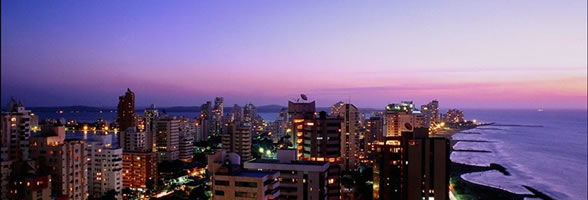
The Urban Guru Website
The Spring of the Arab Peoples
11/11/2011 00:00Arab despots and dictators are dropping like flies, some have fled (Ben Ali), others have hesitated (Mubarak), some have chosen death (Kadhafi), others have attempted to cheat (Saleh) or preferred blindness (Assad). The street moves from Casablanca to Manama via Algiers, Amman and Baghdad. The "Arab spring"[1] will celebrate its first anniversary in pain and blood.
Street vendor Mohamed Bouazizi who, on a sunny day of December 2010, refused oppression and gave his life for dignity, will forever remain the spark that set the plain alight. The time of Arab revolutions has come. These multifaceted revolutions have given rise to all kinds of analyses and hesitant forecasts on their future developments. We do not know where they will end up, but we know where they come from. A structuralist approach, as obsolete it might appear, could help to organize our understanding. Let’s try to draw its premises together.
Cultural revolution
Ongoing uprisings are primarily cultural revolutions, revolutions for respect, transparency, honesty, and the rehabilitation of values trampled under-foot by corrupt regimes. Claims for real freedom of expression, for the right to speak out against abusive detentions, are echoing everywhere. The Arabs are reunited with their pride, their thirst for freedom, self-esteem, and authenticity which the West had denied them. An obscure parenthesis, that of oppression that has all too often disappointed post-independence hopes, seems to be closing.
Economic revolution
Frequently mentioned, economic difficulties are the material substratum that unites the demonstrations. Youth unemployment is the foremost concern, ahead of purchasing power and living and housing conditions. The frustrations of young graduates, half of whom cannot find jobs commensurate with their qualifications, are certainly the central element of the current explosions. These graduates who blog on the internet and contact each other on Facebook have decided to no longer accept the status quo, to dismiss the dinosaurs in power and to explore new ways regardless of the risks. They know that in these times of accelerated globalization their economic future will require tenacious fighting and new sacrifices. They know that their mineral resources will continue to stir up covetousness and that external interference will continue to affect their destiny, as was seen with the Arab spring on the Libyan coast.
Social revolution
Arab regimes had in common their authoritarianism and their crony capitalism, the alliance between a strong military power and large families of entrepreneurs close to the State and its leader. At the roots, in the neighborhoods, the "brothers" helped the common people to survive by providing basic services, through both community allegiance and adherence to Islamic values. Between these two components (a bourgeoisie that combines Mercédès and berets, and a population that appreciates clinics and Koranic schools), a third stratum has grown in number and influence in recent decades: that of modernist intellectuals, open to the outside world. Education has changed the equation, as it did under other skies in the spring of 1968. With the same enemies, Islamists and modernists together seized the public space, without any fully-fledged strategy other than the motto of "get out" (dégage!), popularized in France by the pamphlet of Stéphane Hessel. This was the situation yesterday, and still is today. We stand here, at the beginning of a process.
Political revolution?
Transforming cultural, economic, and social movements into a political revolution has always been a challenge. The French revolution took 82 years before delivering the Third Republic (1789-1871), the Russian revolution lasted 74 years before ending in self-dissolution (1917-1991), the Chinese revolution took 43 years to stabilize (1935-1978), while all revolutions in the third world have experienced ups and downs.
The West encourages the Arab world to adopt its model of representative democracy, based on a majority system and periodic elections. Tunisia has already moved in this direction. Contrary to Churchill’s well-known statement[2] however, nothing proves that this is really the “least worst” option.
The Turkish system of balancing between military secularism and moderate Islamism is often put forward as it seems to perform well from an economic viewpoint. We must realize, however, that most of the Islamist regimes (as well as those led by Christian-Democrats in other latitudes) implement neoliberal policies where money rules as king and the market is ruthless. These policies are certainly not very attractive to young revolutionaries.
The Arab peoples may be able to search their history and find therein more democratic, participatory and less confrontational systems of managing public affairs, for instance by creating 21st Century versions of the traditional "djemaas"[3]. The ball is therefore in the court of Arab intellectuals. They can and must offer political and institutional innovations rooted in their culture, economic situation and social aspirations. As Mao Zedong once said, "revolution is not a dinner party" - especially when the people are hungry for both bread and freedom.
Arab intellectuals arise, dinner will wait!
[1] The Arab Spring refers to the “Spring of the Peoples”, a European-wide democratic movement in 1848, and to the “Prague Spring” which announced the fall of the Soviet Empire in 1968.
[2] “Democracy is the worst form of government, except for all other forms”(1947)
[3] Traditional village assemblies which existed in most Arab countries
—————
